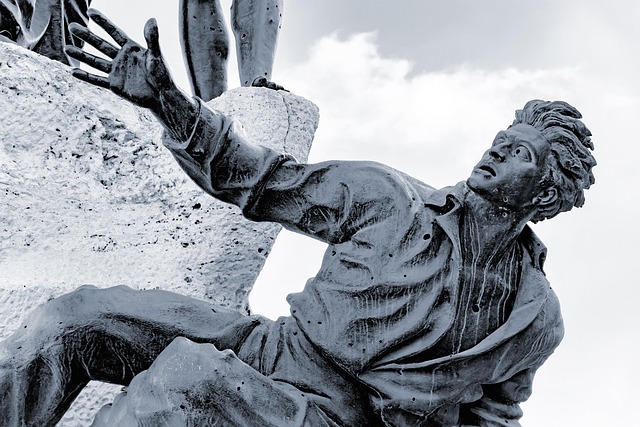Navigating the Complex Terrain of Religious Withdrawal
In the deeply personal journey of faith, withdrawal from religious beliefs or communities often stirs a profound sense of moral ambiguity. This withdrawal, whether gradual or sudden, can evoke feelings of confusion, guilt, relief, or liberation, all of which intertwine in the moral fabric of an individual’s life. Understanding the ethical implications of stepping away from religion invites us into a broader conversation about personal integrity, communal responsibility, and the search for authentic meaning.
The Emotional Landscape of Withdrawal
When someone contemplates withdrawal from their religious tradition, it’s not merely a change in worldview—it often feels like a shift in identity itself. The act of leaving can be experienced as a rupture from a lifelong framework of values and community. Many wrestle with the sense of abandoning a moral compass that once guided decisions and defined purpose.
This process can be laden with difficult questions: Is this withdrawal a form of betrayal, or an honest response to evolving beliefs? Does stepping away absolve one of previous commitments, or is there an ongoing ethical responsibility to the people left behind? The emotional weight carried by these questions highlights a central moral dilemma—how to balance personal truth with the impact on those connected by faith.
Ethical Reflections on Religious Withdrawal
From a moral standpoint, withdrawal invites a critical examination of autonomy and accountability. Religions often encompass collective ethical standards, uniting members in shared norms and rituals. Choosing to withdraw disrupts this unity and prompts reflection on whether and how one remains ethically engaged with former communities.
Respecting oneself—acknowledging the need for withdrawal as an authentic choice—is fundamental to moral integrity. Yet simultaneously, empathy for the community’s sense of loss reminds us that withdrawal is not a solely internal act; it has social reverberations. Striking a balance requires open communication, compassion, and sometimes, forgiveness.
Finding New Moral Ground
Withdrawal from religion can be seen as an ethical pivot point, a moment to redefine what grounds morality beyond inherited doctrines. Many who navigate this transition discover or reaffirm values such as kindness, justice, and honesty on secular or personal spiritual foundations.
Ultimately, ethical withdrawal involves reclaiming moral agency—actively choosing principles to live by rather than passively inheriting them. It challenges each individual to craft a coherent sense of morality that resonates authentically, whether within or outside traditional religious structures.
In this light, withdrawal is not an ending, but a transformative phase in the moral evolution—a courageous step toward living a life guided by both conscience and compassion.




